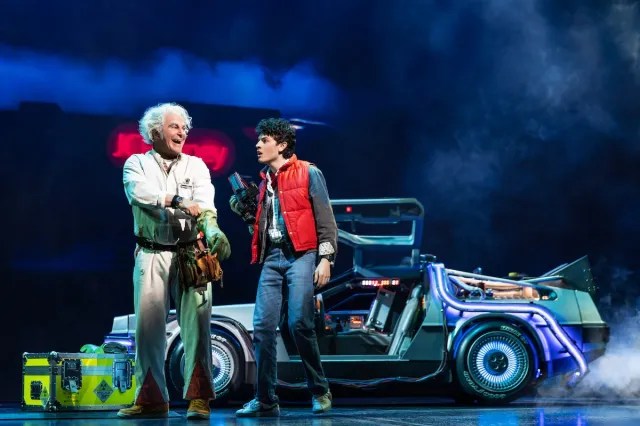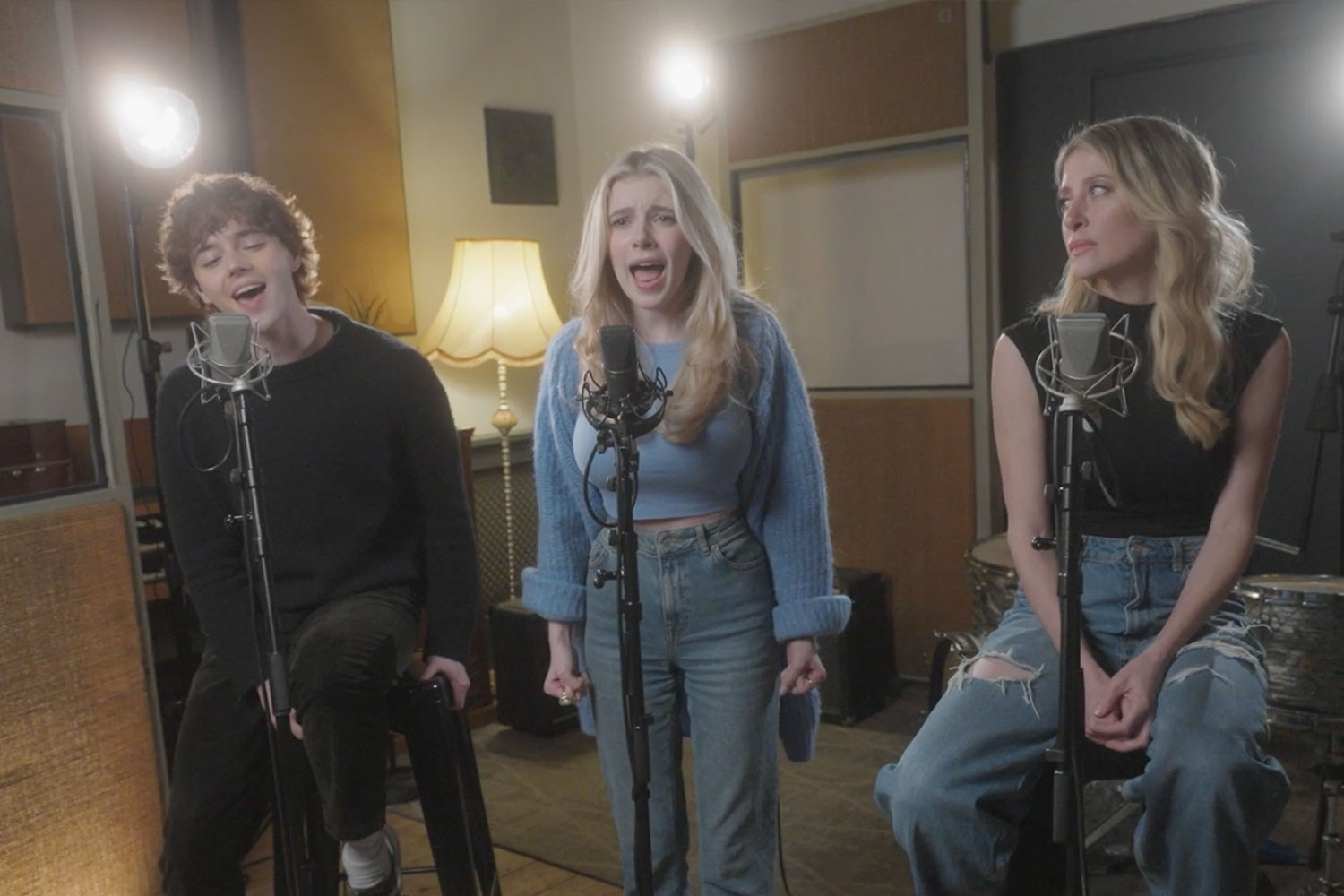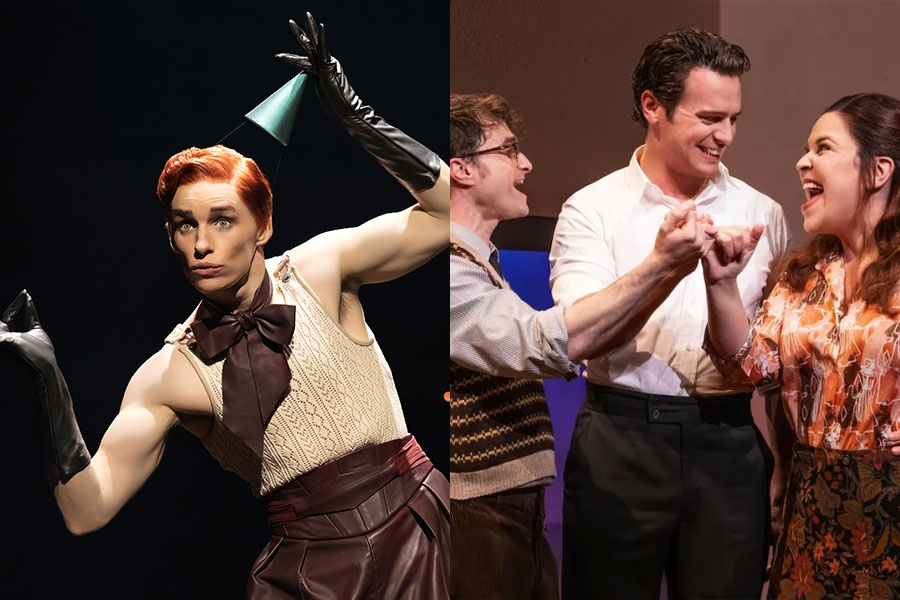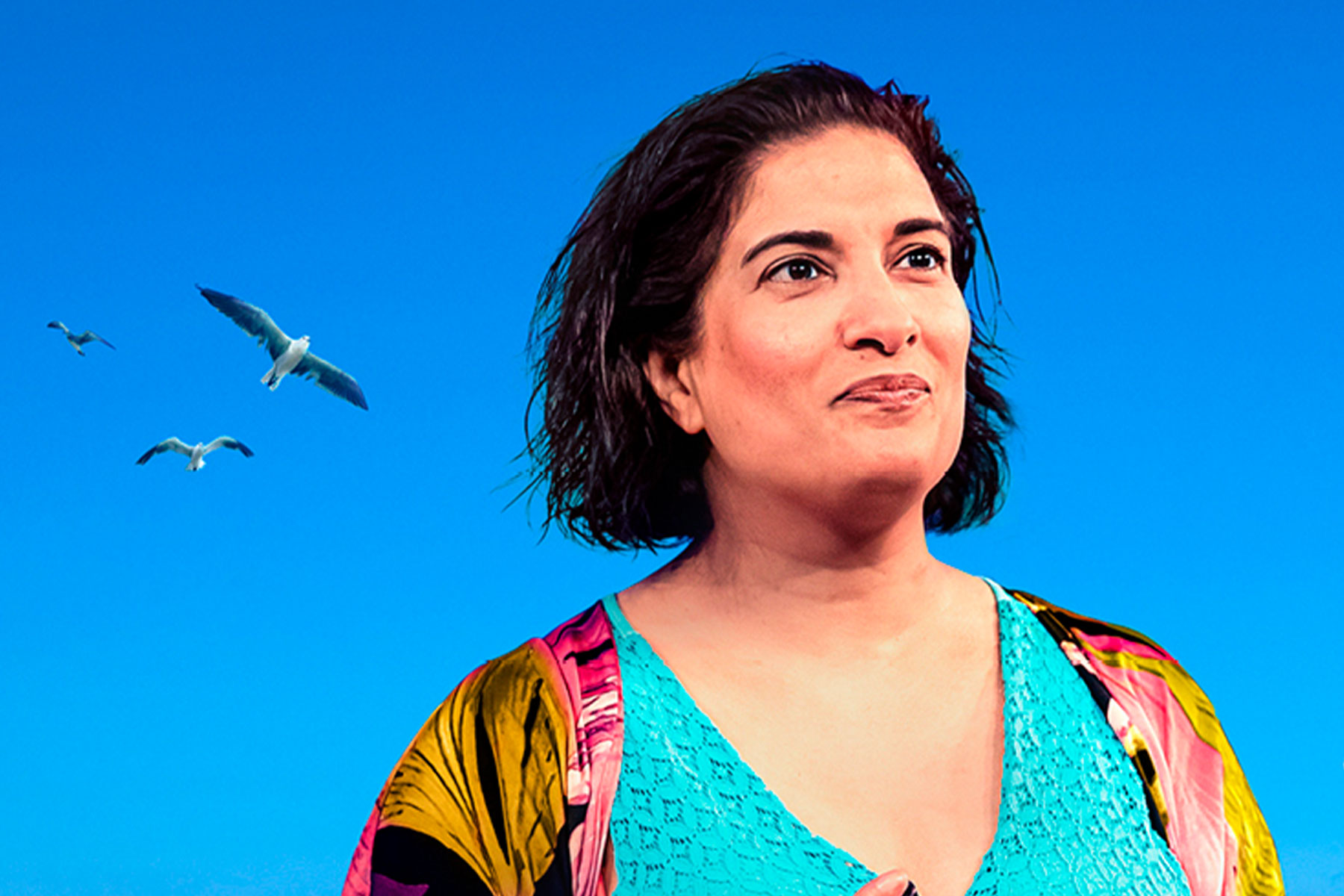20 Questions With…Prunella Scales
Known across the world for her role as wife Sybil in the classic TV series Fawlty Towers, Prunella Scales is an acting veteran whose myriad credits take in television, film and radio as well as her main love, theatre.
On stage, her many notable productions include: in the West End, The Birthday Party, Just the Three of Us and An Evening with Queen Victoria; at the Royal Court, The Editing Process and Some Singing Blood; and at the National, Single Spies, School for Scandal and Long Day’s Journey into Night. More recently, she’s appeared in touring productions of The Cherry Orchard and this year’s The External.
Amongst Scales’ films are Mad Cows, Stiff Upper Lips, An Awfully Big Adventure, Howard’s End, Chorus of Disapproval and The Boys from Brazil; while, in addition to Fawlty Towers, her television credits include Silent Witness, Keeping Mum, Dalziel & Pascoe, The Rector’s Wife, Mapp and Lucia and Marriage Lines – not to mention the long-running Tesco adverts in which she plays Jane Horrocks’ mum.
Scales is married to fellow actor Timothy West and their son, Samuel West, has followed his parents’ professional lead. All three will be appearing in major London stage productions this autumn. Scales opens first, alongside Clive Owen and Victoria Hamilton, in the revival of Peter Nichols’ A Day in the Death of Joe Egg at the West End’s New Ambassadors Theatre.
Date & place of birth
Born on 22 June 1932 in Sutton Abinger, Surrey.
Now lives in
South London
Trained at
Old Vic Theatre School and with Uta Hagen in New York
First big break
I suppose it was doing Marriage Lines with Richard Briers on television just before we got married – that was nearly 40 years ago. Richard is a gorgeous actor and he’s our son’s godfather, a very old friend. I was very lucky to get that part. It helped financially, of course, and it’s a great good fortune in this country to be associated with a popular TV series because it means people are willing to take the risk of seeing you in theatre.
Career highlights
On television, Fawlty Towers. It was a brilliant series and I’m very proud of it. On stage, Single Spies, the Alan Bennett double bill at the National with Simon Callow.
Favourite stage production
Single Spies. Alan is a brilliant writer and it was a very happy job. But there haven’t really been any productions that I could say I hated working on.
Favourite co-star
I don’t like the word star. I do love working with my husband, but we try to ration it.
Favourite director
Oh many – Harold Pinter is one. He directed Simon Gray’s Quartermaines’ Terms at the Queen’s Theatre with Edward Fox.
Favourite playwrights
Well, lots of dead ones. As for living, Harold Pinter, Simon Gray, Peter Nichols, David Hare and many others.
What role would you most like to play still?
Some of the mature Shakespeare parts – the Countess in All’s Well that Ends Well and Queen Margaret in Henry VI. I tend to be cast as extremely stupid people, partly because of Fawlty Towers. I’m not saying I’m not stupid, but it is nice occasionally to play someone intelligent. In The External, I played an Oxford don, which made a change.
You’ve done a lot of TV, film and radio. Why do you like coming back to theatre?
I think theatre is my favourite medium because you learn so much from the audience. You learn what’s funny, and you learn an enormous amount about their attention spans – if you’re being boring, they let you know. A stage run also allows you to explore and try different things in a part. You can fail at something at one performance and then get it right the following night. As actors, it’s one of our great privileges in this country to be able to play in all four media, if necessary on the same day. In other English-speaking counties, that’s not possible. I also value radio enormously. I’m much taller on radio, my legs go up to my ears; in real life, I’m only 5’3″.
Does your approach to comedy differ from your approach to straight drama?
I think it’s the media that create those categories; I don’t like the distinction being made. I think all acting, all drama should be a proper admixture of both. All good comedy is based on pain – from pratfalls on in – and all tragedy should have an element of comedy if not farce. That’s what life is like. I hate actors being put into categories; it denies audiences the skills of some very talented performers who are pigeon-holed.
In your opinion, what’s the best thing currently on stage (not including this production)?
Our son’s Hamlet (for the RSC) is quite good – and it’s a very good production too. I also enjoyed Art and Feelgood and I’m looking forward to Luther, which my husband is appearing in at the National.
What’s it like coming from a family of actors?
My mother was an actor at the Liverpool Playhouse in the 1920s, my father-in-law was a professional actor who was still acting within six months of his death, and his wife and both her parents were actors. My husband, son and I are actors too and, currently, we’re lucky enough all to be working on stage at the same time. It sometimes makes seeing each other’s performances difficult but there are always matinees. You’ve just got to hope that your matinees don’t conflict.
What advice would you give the government to secure the future of British theatre?
Please, please, you’ve been generous to regional theatre compared with the last government, but we need more funding so that young actors can afford to work in regional theatre for more than one production and so that young directors and writers and designers can learn their jobs there. I think in each major city in the UK, you should have your touring theatre and a producing theatre that does an ongoing repertory of classics and new work. Each major theatre should also have two auditoria, with the second aimed more at young people. People should know that they can get the best of British theatre in every city, that they don’t have to go to London for it. I think it would also be a tremendous tourist attraction – and it would feed the television and film industries.
Favourite book
A La Recherche du Temps Perdu, by Marcel Proust. Can you believe, I first read it in French in my early 20s. I go back to it quite a lot.
Favourite holiday destination
France. Our youngest son moved there recently so I expect we’ll be going more often. One of our best holidays ever was on a boat on the Canal du Midi. We also have our own narrowboat and enjoy spending time on the English canals.
Why did you want to accept your part in A Day in the Death of Joe Egg?
It’s a wonderful play – both deeply funny and very painful – and it hasn’t been done in London since the 1960s. I play a horribly difficult part. The character doesn’t come on stage until halfway through Act Two. People’s expectations by then are high and it can be difficult to bring on the right kind of energy at that point. But it’s a challenge and very worthwhile. The play is beautifully written and has a very strong, wonderful cast. And I just love working in theatre.
Peter Nichols is enjoying a tremendous resurgence of late. To what would you attribute this renewed interest in his work?
People have come to their senses.
What’s your favourite line from A Day in the Death of Joe Egg?
I don’t like picking out favourites.
What’s the funniest thing that’s happened in the regional run of A Day in the Death of Joe Egg?
My character does quite a lot of knitting and I haven’t learned yet to manage it. The other night it wound round my leg at a very sombre moment in the play. I nearly had to walk off with a ball of wool dragging behind. Luckily, no one laughed.
What are your plans for the future?
We have a limited eight-week run in London and perhaps it will then transfer. Beyond that, I don’t really know. I don’t think there are many actors who could tell you what they’re doing six months ahead of time. I have got some teaching coming up and I’m hoping to do more of that. I enjoy teaching very much. My generation are able to transmit what we learned from the previous generation to the next generation. The lessons are mainly to do with text. Media-speak has interfered with the younger generation’s ability to handle classical texts. We might be able to help with that.
Finally, where does the name “Scales” come from?
It’s my mother’s maiden name. I love my father very much but his name – Illingworth – was just too long to use professionally. Also, because my mother was an actor herself, I have sentimental reasons for using her name.
– Prunella Scales was speaking to Terri Paddock
A Day in the Death of Joe Egg opens at the West End’s New Ambassadors Theatre on 1 October 2001, following previews from 25 September and a short regional tour.
WIN TICKETS!!! We’ve got ten pairs of tickets to give away to the West End production of A Day in the Death of Joe Egg. To enter click here. Competition ends 20 October 2001.










